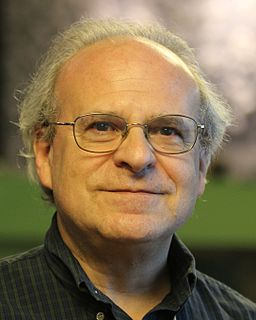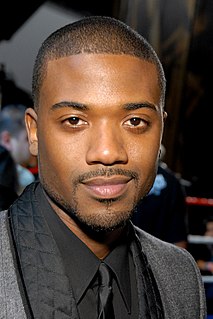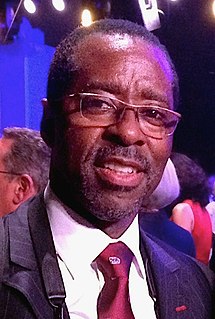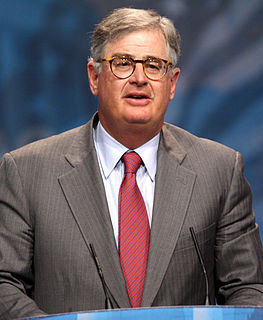A Quote by James Dyson
If you didn't have patents, no one would bother to spend money on research and development. But with patents, if someone has a good idea and a competitor can't copy it, then that competitor will have to think of their own way of doing it. So then, instead of just one innovator, you have two or three people trying to do something in a new way.
Related Quotes
"Patents make our product defensible." The optimal number of times to use the P word in a presentation is one. Just once, say, "We have filed patents for what we are doing." Done. The second time you say it, venture capitalists begin to suspect that you are depending too much on patents for defensibility. The third time you say it, you are holding a sign above your head that says, "I am clueless."
If you do not know where your competitor is, or overconfident and snobbish about your competitor, or are unable to comprehend how yourcompetitor became a real threat, you will surely fall behind him. Don't be the "they" in this idiom: First they ignore you, then they laugh at you, then they fight you, then you win.
Competition is. In every business, no matter how small or how large, someone is just around the corner forever trying to steal your ideas and build his success out of your imagination, struggling after that which you have toiled endless years to secure, striving to outdo you in each and every way. If such a competitor would work as hard to originate as he does to copy, he would much more quickly gain success.
Wes Anderson is a perfectionist, so you have to just be ready to try it this way, try it this way, try it that way, and then try it this way. And then, once you think you've got it all and it's done, then you're going to be called back in two or three months so you can try it that way and try it this way. You've got to give him all of it.








































